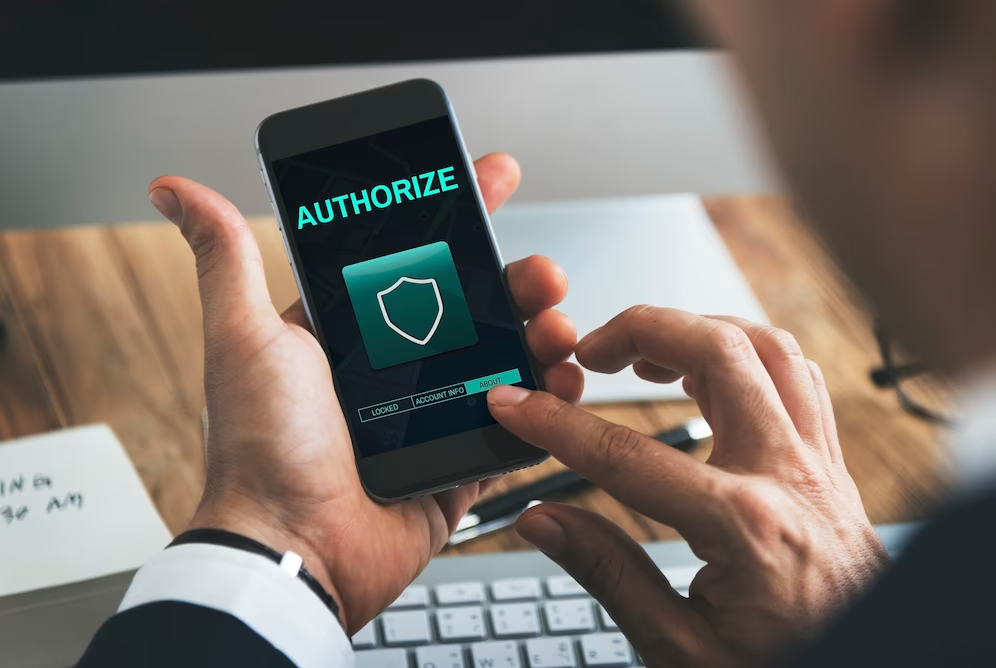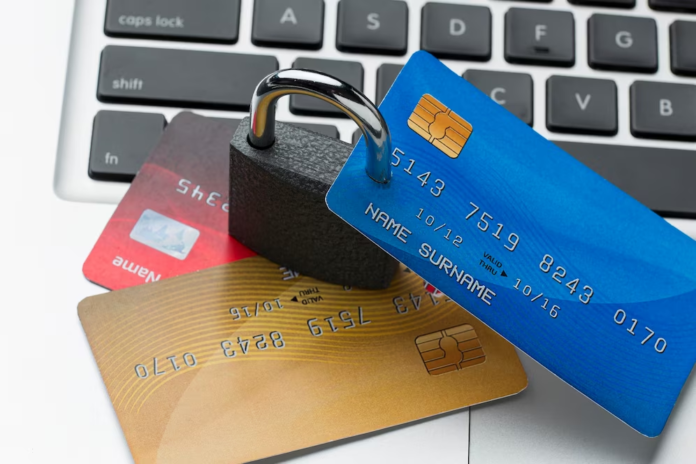How to Protect Bank Accounts From Identity Theft
In the current digital age, the rise of financial crimes, particularly identity theft, presents an escalating risk for individuals who hold bank accounts. It is crucial for individuals to understand and employ effective strategies to safeguard their bank accounts from these potential threats. This comprehensive article aims to serve as a guide, providing valuable insights on protecting your bank account against the risks associated with identity theft.
The Imperative of Protecting Your Bank Account
Safeguarding your bank account is an essential duty that every individual must undertake to prevent both financial and personal harm. As a repository for your funds, your bank account becomes an enticing target for identity thieves who can exploit your information for various deceitful endeavors. Some of the potential fraudulent activities they may engage in include:
- Unauthorized transactions: Criminals have the ability to deplete your financial resources, resulting in detrimental financial repercussions;
- Opening new accounts: Malevolent individuals can exploit your personal information to initiate the creation of fresh bank accounts without your knowledge or consent;
- Applying for loans: The pilfered details could be fraudulently employed to secure loans, burdening you with unwarranted debt.
Engaging in such actions can have repercussions that extend beyond financial implications. It can cause substantial harm to your credit record, resulting in a difficult and protracted journey towards recovery. Hence, it is crucial to comprehend and adopt strategies that safeguard your bank account. These approaches encompass employing secure internet connections when conducting online banking transactions, regularly refreshing passwords, consistently monitoring account activities, and harnessing the power of two-factor authentication.
| Action | Impact |
|---|---|
| Unauthorized transactions | Draining of funds and financial loss |
| Opening new accounts | Unanticipated financial obligations |
| Applying for loans | Accrued debt and potential legal trouble |
Remember, securing your bank account isn’t just about protecting your money, but it’s about preserving your financial future and credibility.
Effective Strategies to Safeguard Your Bank Account
Safeguarding your bank account necessitates a combination of vigilance, knowledge, and the adept utilization of available security measures. Presented below are comprehensive strategies you can employ:
| Security Measures | Description |
|---|---|
| Create Strong, Unique Passwords | Robust passwords serve as your primary barrier against unauthorized entry. They ought to possess intricacy by incorporating a blend of capital and lowercase letters, numerical digits, and special symbols. Additionally, it is essential for each of your online accounts to possess a distinct password, thereby preventing a chain reaction in case one account becomes compromised. |
| Leverage Two-Factor Authentication (2FA) | Two-factor authentication (2FA) provides an additional level of protection by necessitating a secondary means of verification beyond your password. This can take the form of a text-delivered code, a biometric factor such as your fingerprint, or the use of an authorized device or application. Numerous financial institutions currently incorporate 2FA as part of their security measures, and it is highly advisable to make use of this feature. |
| Monitor Your Accounts Regularly | Consistent monitoring plays a crucial role in promptly identifying any dubious activity. Cultivate the habit of reviewing your account statements and transactions at least once a week. Remain vigilant for insignificant and peculiar transactions, as thieves frequently initiate trial transactions with smaller sums before executing a complete account drain. |
| Be Wary of Phishing Scams | Fraudsters frequently employ phishing scams as a means to deceive individuals into disclosing their account information. These cybercriminals may impersonate bank representatives or other reputable organizations, using emails, text messages, or phone calls to solicit sensitive details. It is imperative to consistently verify the authenticity of the requester and refrain from sharing your banking information unless you are absolutely certain that the request is genuine. |
| Secure Your Computer and Mobile Devices | Inadequately securing your devices can render them vulnerable to identity theft. It is crucial to install trustworthy antivirus and anti-malware software, and regularly update your operating system and applications with the latest security patches. Opt for encrypted Wi-Fi networks and refrain from conducting banking activities on public Wi-Fi networks. |
| Protect Your SSN | Your Social Security Number holds immense significance for identity thieves. Therefore, it is vital to disclose it only when absolutely essential and to ensure the reliability of the recipient. In most cases, your Social Security Number is not necessary for routine transactions, so be cautious if you encounter repeated requests for it as it may indicate potential risks. |
| Shred Important Documents | To thwart the practice of dumpster diving, employed by fraudsters to acquire information, it is imperative to appropriately dispose of any documents containing your personal or financial details. Safeguard your security by shredding bank statements, credit card receipts, and old tax documents before discarding them. |

Advanced Strategies
- Use Account Alerts: Numerous banks provide the convenience of automatic alerts for various transaction types. You have the option to configure these alerts for transactions surpassing a specific amount, international transactions, or online purchases. By doing so, you will receive immediate notifications regarding any potential fraudulent activity;
- Sign Up for Identity Theft Protection Services: These services diligently monitor your credit reports and other personal data with the aim of detecting any signs of potential identity theft. In the unfortunate event that your identity is compromised, they can also provide valuable assistance in the recovery process;
- Freeze Your Credit: By placing a credit freeze with the three major credit bureaus, you can effectively thwart unauthorized individuals from opening new credit lines in your name. This proactive measure ensures that your credit remains inaccessible to potential thieves. In the event that you need to apply for credit, you have the option to temporarily lift the freeze.
Conclusion
In today’s era of widespread digital transactions, it is of utmost importance to prioritize the security of your bank account. By diligently implementing the tactics provided in this extensive guide, you can successfully reduce the risks associated with identity theft, ensuring the protection of your hard-earned finances. Remember, your monetary assets and personal identity are at risk, making it crucial to embrace necessary steps to safeguard them from potential harm.
FAQS
In order to prevent unauthorized usage of your bank account, it is crucial to promptly get in touch with your bank and notify them about the situation. By doing so, they can take necessary measures to freeze your account and ensure no further transactions occur.
Additionally, it is advisable to modify your online banking passwords as a precautionary measure. To address the incident effectively, it is important to report it to your local law enforcement authorities and the relevant government agencies who can assist you in resolving the matter.
Yes, if a criminal gets a hold of your SSN and other personal information, they can potentially access your bank account, apply for credit in your name, and commit other forms of identity theft. Therefore, it’s crucial to safeguard your SSN and only share it when necessary.
Your name alone is insufficient to steal money from your bank account. However, if it’s combined with other personal information, such as your SSN or your date of birth, it can be used to impersonate you and gain access to your bank account.

